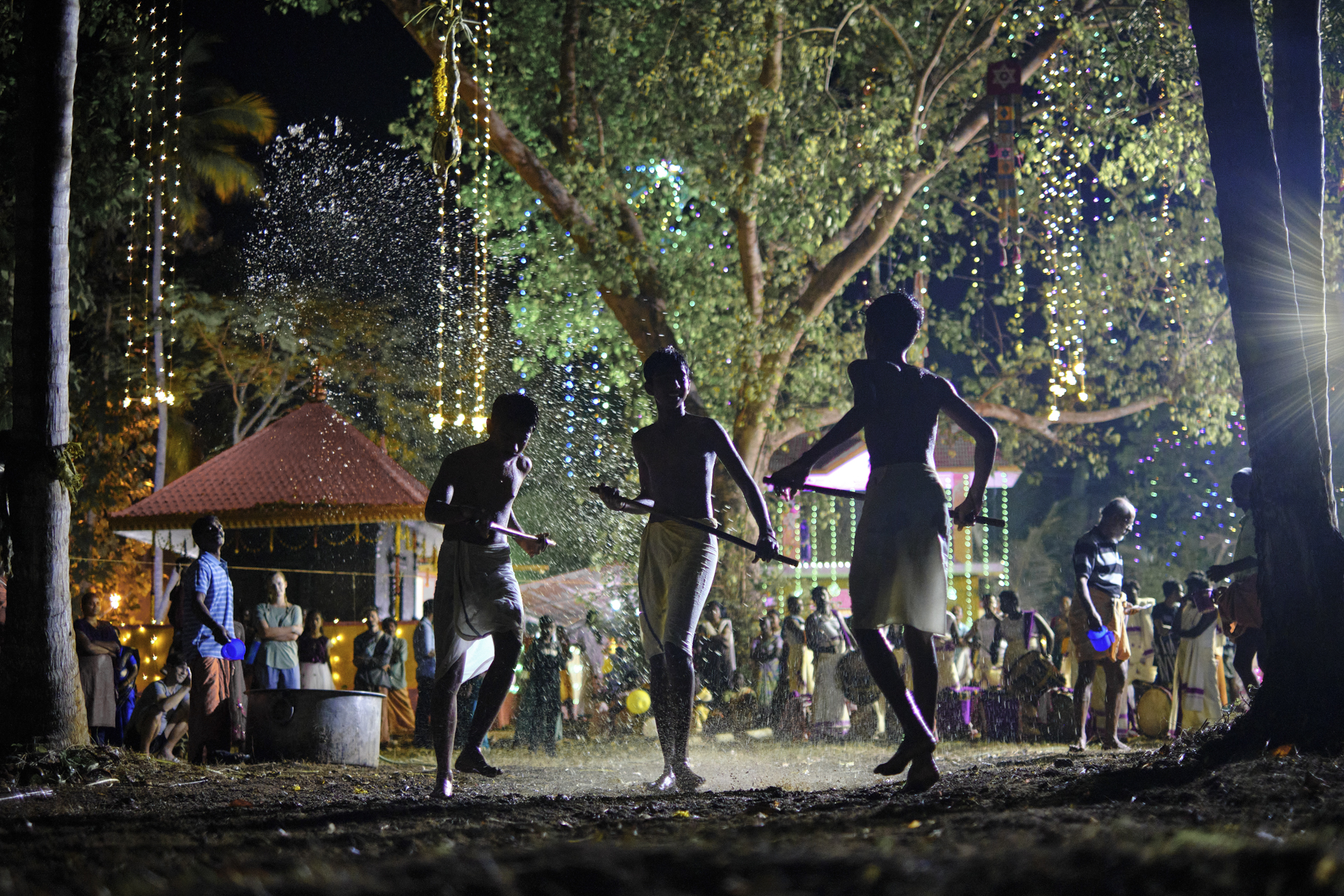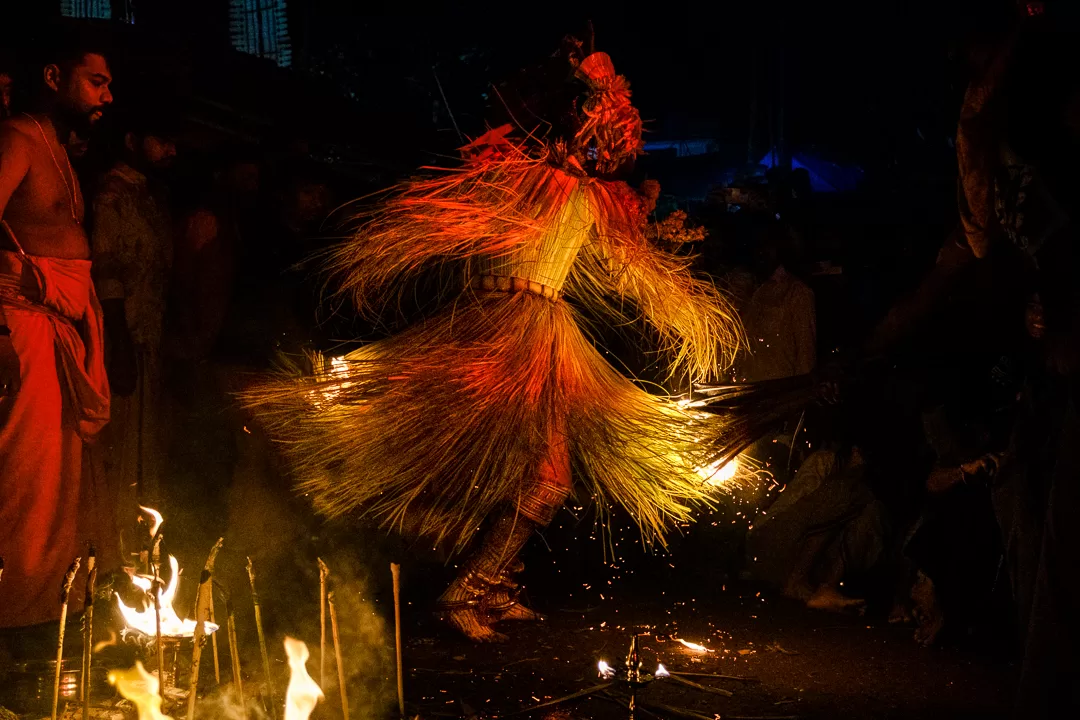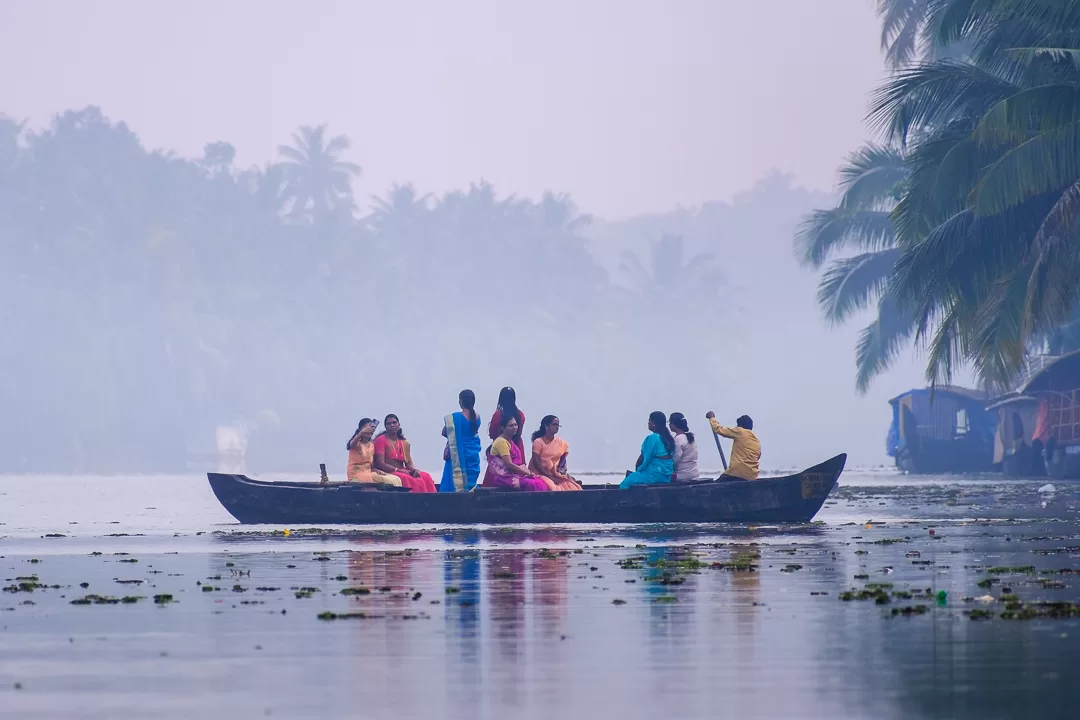
Kerala Fishermen.
— PERSONAL PROJECT / Documentary Photography —
Located 16 km north of Trivandrum, Kovalam has evolved from being a humble fishing village into being one of Kerala’s premier travel destinations, renowned for its 17 km of pristine beaches nestled against a rocky promontory shielded by the Arabian Sea. Amidst the growing tourism industry, the traditional fishing tradition remains the lifeblood of the local community, with methods passed down through generations. Each night, fishermen embark on their journeys, returning at dawn to laboriously haul in their nets—a task that can take over three hours. The contrast between the bustling tourist areas and the serene, disciplined work of the fishermen is striking.
As I observed and photographed these men over two mornings, I was struck by the rhythmic coordination and sheer physical effort involved. The spirit of this community which has maintained its customs and traditions, despite the encroaching influence of modernity, is really impressive. Muscles straining against the ropes, waves, and saltwater, painted a vivid picture of a life built on perseverance and resilience.
In capturing these moments, I aimed not just to document the labour but also to convey the profound connection that these people have with the sea —a relationship that has shaped their lives for centuries. The experience left me with many reflections on the importance of preserving such traditions, even as the world around them changes.
I think that sustainable tourism should honour and protect the cultural heritage of places like Kovalam in India, where the true essence of the land is found not just in its landscapes, but in the lives of its people.


























